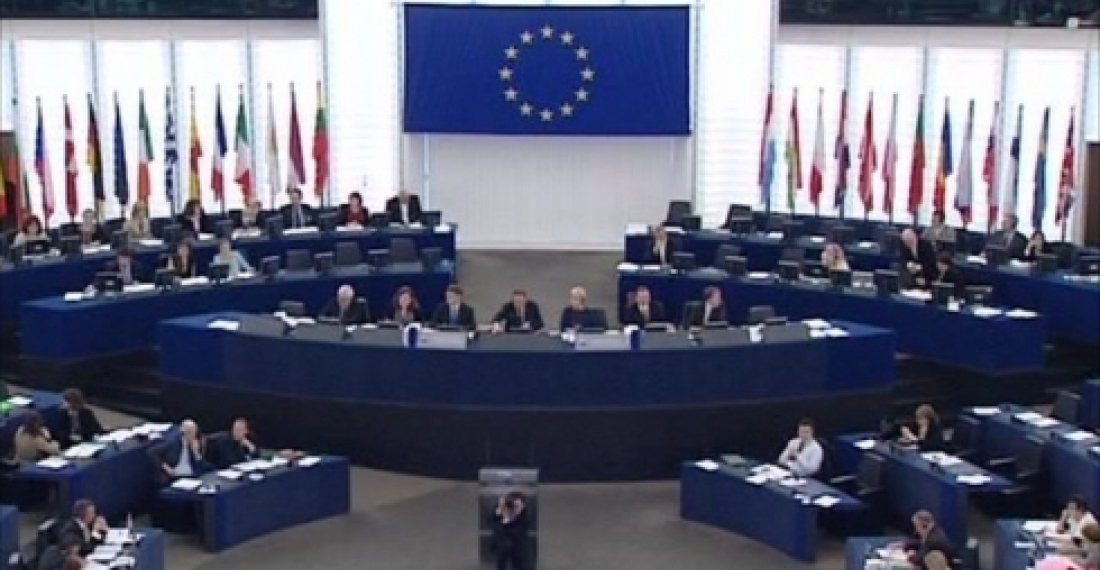The Foreign Affairs Committee of the European Parliament has started consideration of a number of resolutions related to the South Caucasus and the relations of the European Union with the region.
The Committee is expected first to hear a report from MEP Andrey Kovatchev following the visit of a delegation from the Foreign Affairs Committee to the region in February. During the visit the MEPs met the leaders of Armenia and Azerbaijan and familiarised themselves with the situation in the two countries. It was however not possible for them to visit Nagorno-Karabakh as they had planned and this created some frustration amongst the Parliamentarians. The European Union recently called for unhindered access for European officials to Karabakh.
During its meeting this week the Foreign Affairs Committee will also adopt resolutions regarding the ongoing negotiations between the EU and Armenia and Azerbaijan on an Association agreement between them. MEP Anneli Jäätteenmäki is the rapporteur on the resolution on the EU-Azerbaijan Association Agreement and MEP Tomasz Piotr Poręba is the rapporteur on the resolution on the EU-Armenia Association Agreement. It is understood that many parliamentarians are insisting that there should be progress on the resolution of the Karabakh conflict before the Association Agreements are signed, but at least one of the two countries is insisting that there should be no linkage.
The Association Agreements will provide a more comprehensive framework for relations between Armenia and Azerbaijan and the European Union to develop in a number of areas. The issue of reforms, democratisation and human rights remains central in the current negotiations. In the case of Armenia, where elections are scheduled for May, the message from Brussels is that future development of relations between the EU and Armenia will be conditioned by the conduct of these elections.
After the Foreign Affairs Committee finishes the discussion on the two resolutions this week they will go later this Spring to the consideration of the full Plenary of the Parliament. Already a number of amendments have been tabled by various MEPs and more are expected later.
source: commonspace.eu
photo: The European Parliament in session (archive picture)







